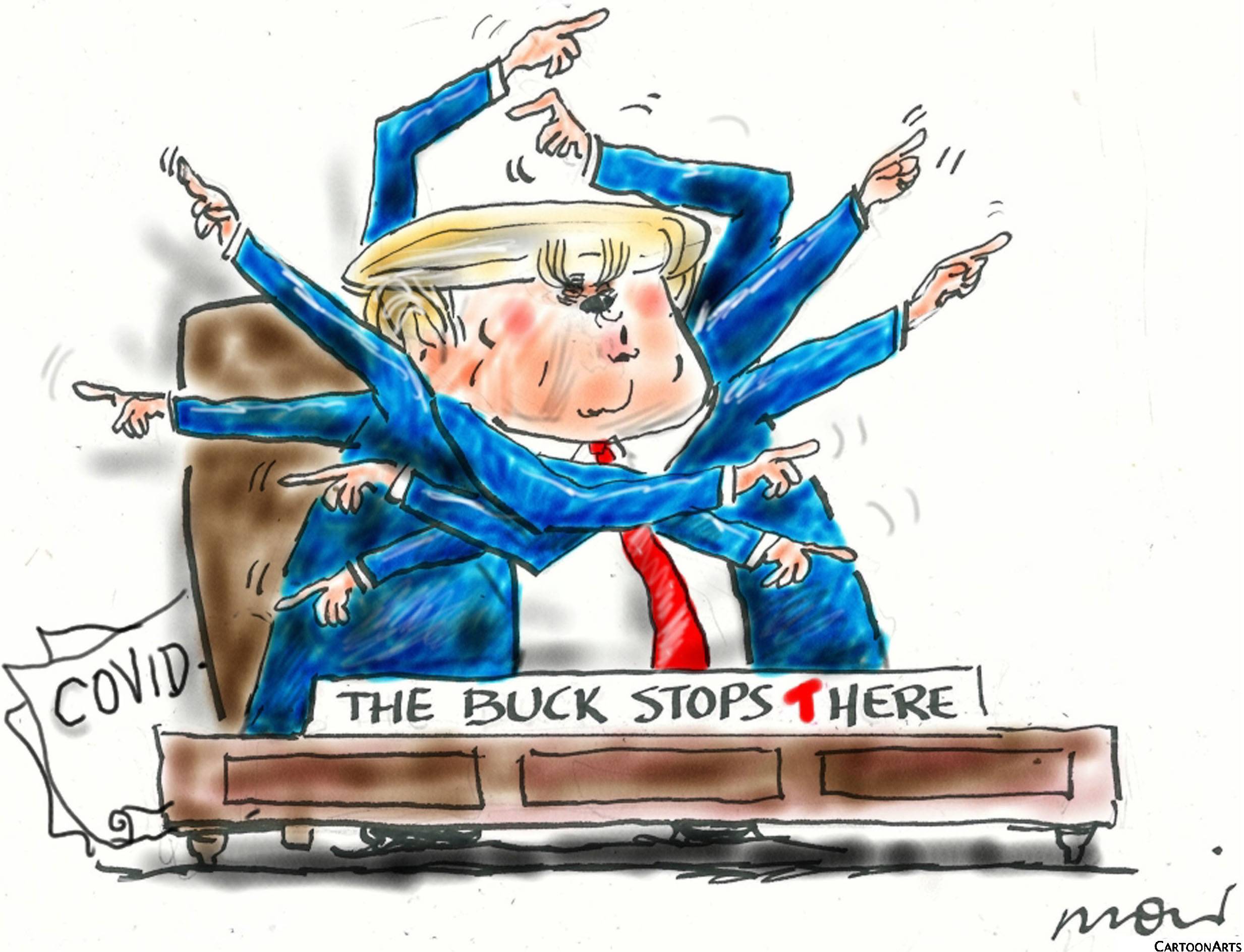Sentient humans like to benchmark their successes and failures. So it’s understandable that in trying to put the coronavirus’s toll in perspective, some Americans have fastened their eyes on one particular grim milestone: The 58,300-plus deaths in the United States from COVID-19 over the last three months have now surpassed U.S. casualties from the Vietnam War (58,220 deaths recorded from 1956 to 2006, according to the National Archives).
But juxtaposing those casualty figures is one thing. It’s something else entirely to call the coronavirus “Trump’s Vietnam” — a historical analogy that’s getting increasing screen time. At a White House news conference earlier this week, for instance, a reporter asked, “If an American president loses more Americans over the course of six weeks than died in the entirety of the Vietnam War, does he deserve to be re-elected?” To be clear: U.S. President Donald Trump’s response to the coronavirus will go down as a landmark failure of leadership. But to compare his feckless mendacity and the senseless deaths it has so far caused to the U.S. conduct of the Vietnam War is also to commit a form of historical malpractice — one that obscures Trump’s culpability and slights an earlier, greater American tragedy.
The two events are radically different in cause, scope and ultimate consequence. Put in the simplest actuarial terms, the wars in Indochina led to more than 5 million deaths; the current global toll of the pandemic is about 215,000. One represents an inexorable collision of history’s seismic plates; the other is a tremor that, in the case of the U.S., has badly rattled a termite-infested house tended by a malicious and incompetent landlord.



















With your current subscription plan you can comment on stories. However, before writing your first comment, please create a display name in the Profile section of your subscriber account page.